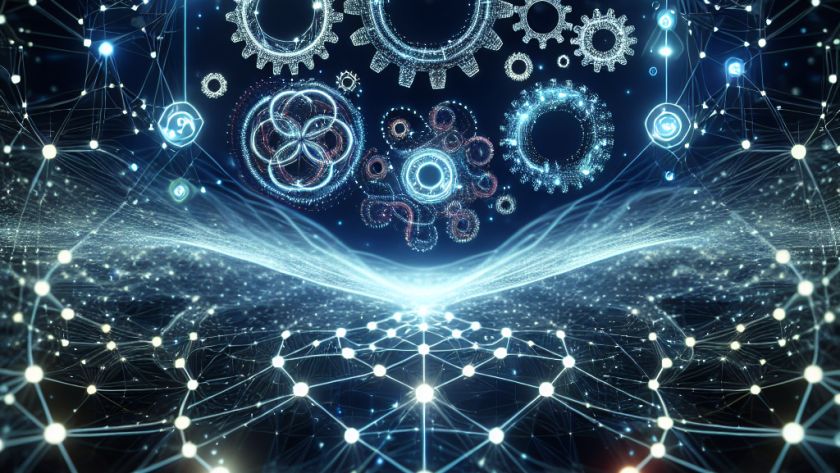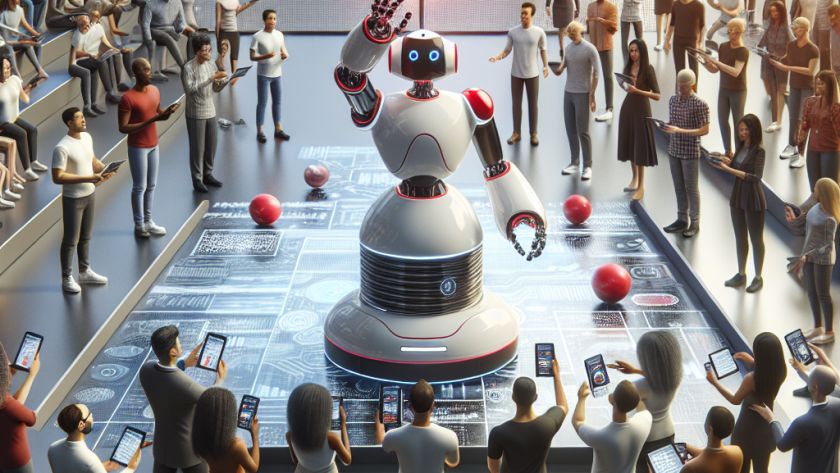Generative artificial intelligence (AI) possesses great potential but equally great risks if misused or overestimated, warned Rodney Brooks, co-founder of iRobot, at MIT’s "Generative AI: Shaping the Future" symposium. The event kicked off the university's Generative AI Week on 28 November and attracted hundreds of academia and industry representatives to the institution's Kresge Auditorium. Generative…




